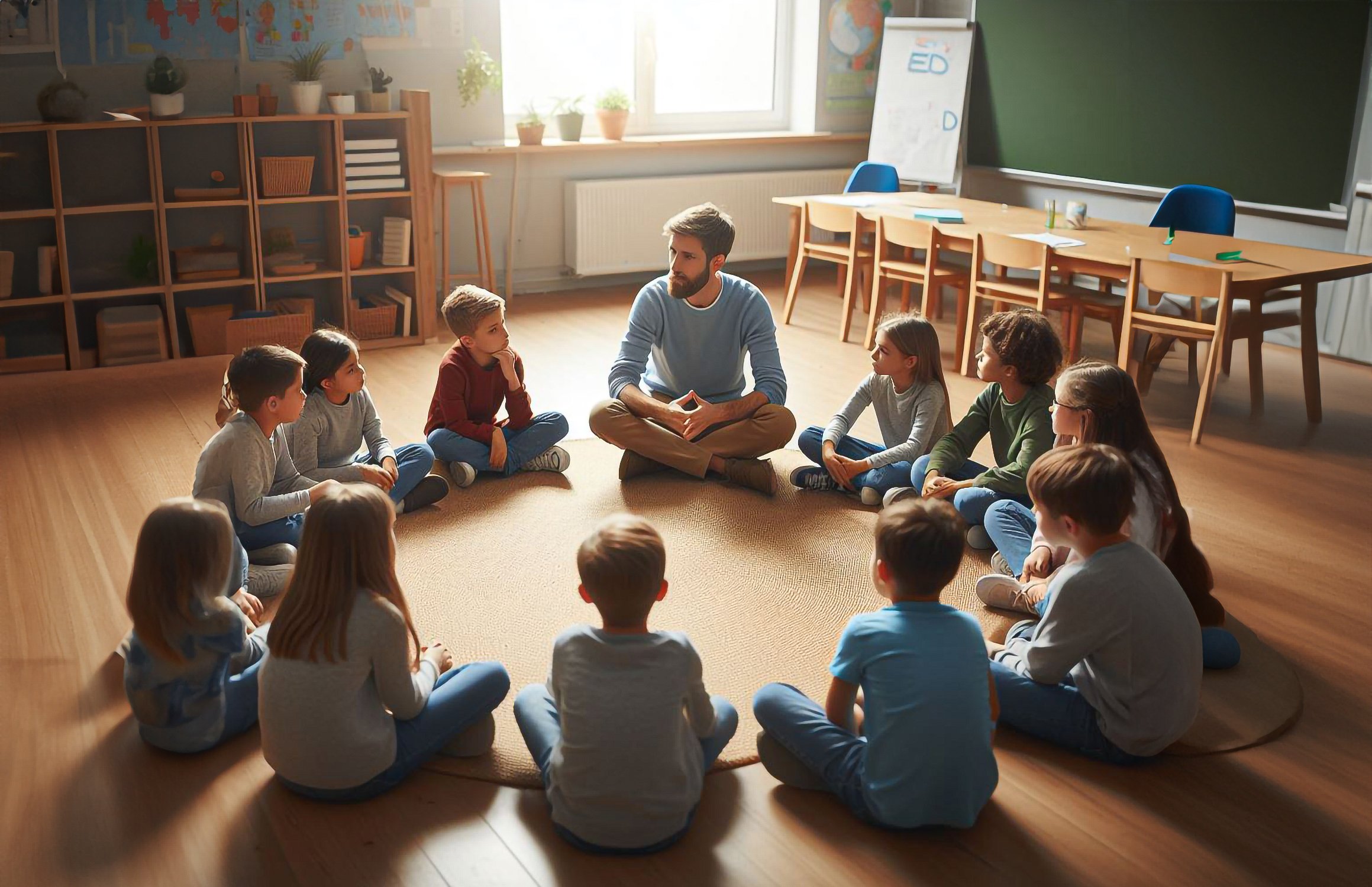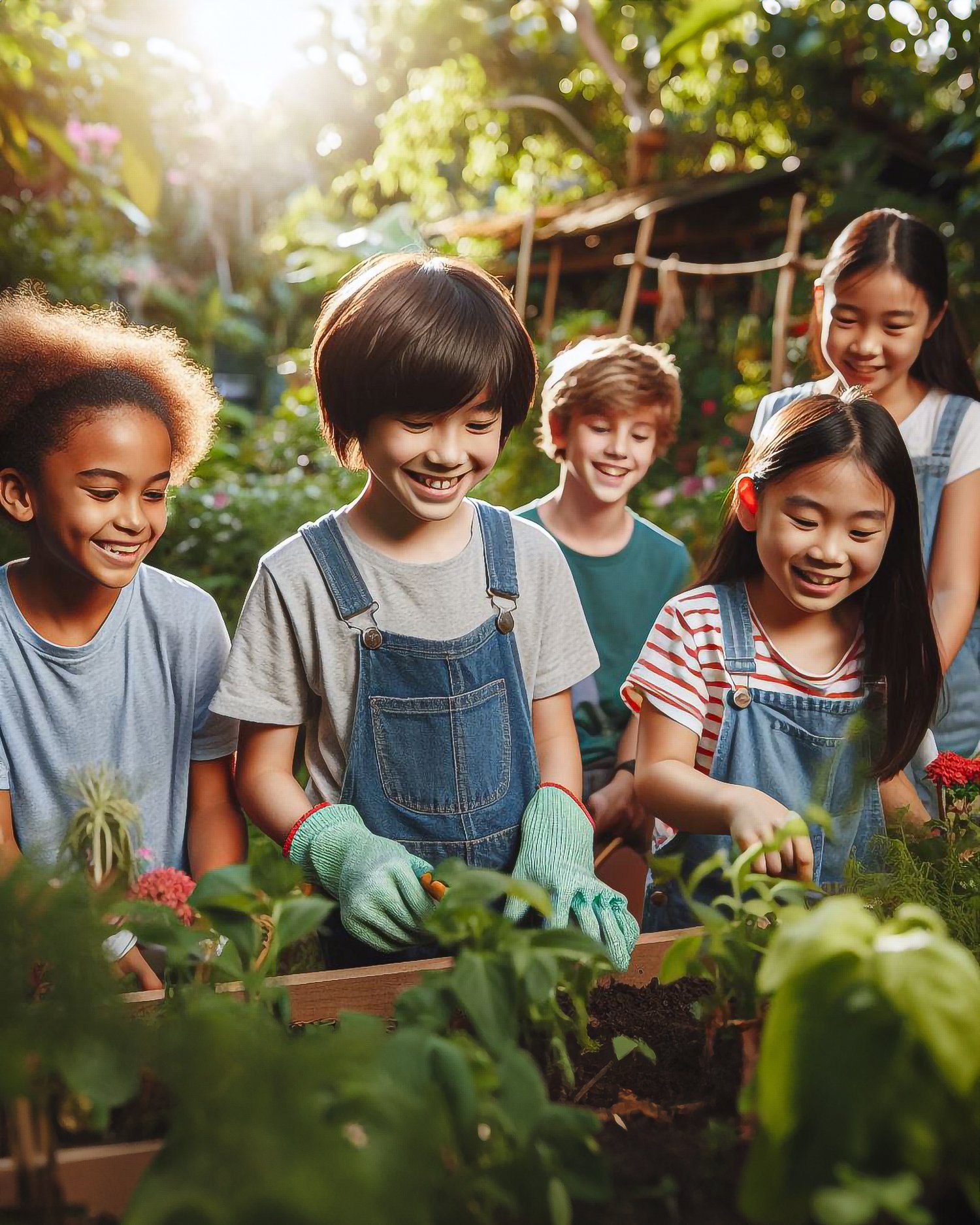
Articles
The Impact of Loneliness on Child Mental Health
Loneliness is more than just a feeling; it's a growing concern affecting children worldwide. As parents, teachers, and carers, understanding the impact of loneliness on a child's mental health is crucial for fostering a supportive environment where children can thrive. This article explores the short-term and long-term effects of loneliness on children, highlighting the increased risks of anxiety, depression, and low self-esteem. By delving into reputable research findings from the Journal of Child Psychology and Psychiatry and the National Institute of Mental Health (NIMH), we aim to provide insights and practical strategies to help children overcome loneliness.
How to Recognize Signs of PTSD in Children
Post-Traumatic Stress Disorder
(PTSD) is often associated with adults who have experienced severe trauma, such as soldiers returning from combat or individuals who have endured natural disasters. However, PTSD is not exclusive to adults—it can also affect children, and recognizing the signs early is crucial for their mental and emotional well-being. For parents, teachers, and carers, understanding PTSD in children is a critical step toward providing the proper support. This article will guide you through the symptoms of PTSD in children, offer insights from mental health professionals, and reference diagnostic criteria from the DSM-5. By equipping yourself with this knowledge, you can play a vital role in the healing journey of a child struggling with PTSD.
ADHD in Children: Beyond the Hyperactivity
ADHD in children extends beyond hyperactivity, involving inattentiveness, impulsivity, and emotional dysregulation, which can significantly impact a child's daily life, academic performance, and emotional well-being. This article explores these often-overlooked symptoms, providing insights from child psychiatry, psychology, and education experts. By understanding the full spectrum of ADHD, parents, teachers, and caregivers can better support children through structured routines, behavioural interventions, emotional regulation techniques, and professional guidance. Discover practical strategies to help children with ADHD thrive at home and school.
Signs Your Child is Struggling with Performance Pressure (and How to Help)
In today’s high-pressure world, children face demands that can overwhelm their mental and emotional well-being. It’s essential for parents, teachers, and carers to recognize signs like anxiety, burnout, and avoidance in kids under pressure. Our latest article dives into these indicators and offers practical, research-backed tips to support a healthier, balanced approach to achievement.
Depression in Kids: Common Myths and Facts
Depression in children is a topic that often gets overshadowed by the misconception that it is an “adult” issue. However, understanding and addressing childhood depression is crucial for the well-being of our children. Parents, teachers, and carers play a vital role in recognizing and supporting kids who may be struggling with their mental health. This article aims to debunk common myths about childhood depression and provide factual information to help you better understand and support the children in your care.
10 Signs Your Child is Silently Suffering from Anxiety (and How to Help)
Is your child struggling silently with anxiety? Anxiety in children often goes unnoticed, leading to misunderstood behaviours. This article reveals the subtle indicators of anxiety in kids and offers practical strategies for parents, teachers, and caregivers to support them effectively. Click the link to explore how you can make a positive impact on your child's mental and emotional well-being.
The Truth About Social Media and Children’s Mental Health
In today's digital age, social media is a major part of children's lives, but it comes with risks. Our latest article explores the impact of platforms like Instagram, TikTok, and YouTube on young minds. Learn about the links between social media use and anxiety, depression, and self-esteem issues. Discover practical strategies for parents and carers to support children's mental well-being, including setting boundaries, promoting healthy digital habits, and encouraging open communication. Dive in to understand how we can help our children navigate the digital world safely and healthily.
The Ultimate Kids Sleepover Guide: Relaxation Games and Activities for Kids of All Ages
In today's fast-paced world, where stress and anxiety do not spare even the youngest of minds, teaching children the art of relaxation and mindfulness is crucial. The Calm Kids Club is dedicated to this mission, providing resources to imbue tranquillity and peace into children's lives. Our Ultimate Kids Sleepover Guide is crafted to help parents and carers introduce relaxation games and activities into children's routines, ensuring they learn the invaluable skill of self-soothing from an early age.
Present Parenting: A Key to Raising Happy, Focused Kids
In the parenting journey, the presence of parents stands as a cornerstone in shaping a child’s mental and emotional landscape. Our latest article delves into the profound impact of parental presence on children’s mental health and focus, informed by recent scholarly research. For parents, carers, and educators, understanding and applying these insights is pivotal in nurturing children’s mental wellness and mindfulness.
Exploring Inner Worlds: Using Journaling for Self-Discovery
Journaling, an ancient tradition, has evolved into a significant tool for self-discovery and personal growth. It has become a powerful tool for unlocking your true self and achieving personal growth. In today’s fast-paced world, where digital communication dominates, journaling provides a rare chance for introspection and understanding.
Turning Worriers into Warriors: Strategies for Anxious Kids
In today’s fast-paced and ever-changing world, anxiety in children has become a prevalent issue. The journey from being a worrier to a warrior is not just about overcoming fears but learning to navigate them with confidence and resilience. In this article, we delve into practical strategies that can aid in transforming the anxious minds of children into strongholds of courage and calm.
Why Kids Need a Digital Detox - And How to Do It Right
In this age of technology, we have the power to educate and inspire children through digital screens. However, it is crucial to remember that moderation is vital. By prioritizing a healthy balance between screen time and other activities, we can protect children’s physical and mental well-being.
Recent research highlights the importance of a digital detox for children and presents strategies to mitigate the adverse effects of excessive screen time. This article looks into the studies and aims to empower children to use technology to enhance their lives.
Cultivating Empathy: Role-Playing Activities for Classroom Harmony
Empathy, defined as the capacity to comprehend and share the emotions of others, is an indispensable skill that fosters social harmony, personal growth, and overall well-being. This article explores the significance of empathy and how role-playing activities can aid in cultivating this essential trait among school children.
Active Learning: Incorporating Physical Activity for Better Focus
Recently, there has been a notable surge of interest in “active learning,” which involves integrating physical activity into the learning process. This approach has drawn considerable attention from scholars in education and psychology, as it has been discovered to substantially impact learners’ cognitive function and focus. Including physical activity in education can enhance learners’ attention span, memory, and overall academic performance. This article delves deeper into the science behind active learning and further explores its various benefits.
Growing Up Green: The Mental Health Benefits of Eco-Friendly Living for Kids
In contemporary discussions on child development, there has been increased recognition of the pivotal role that eco-friendly living environments play in promoting children's psychological and emotional well-being. Empirical research supports the notion that engaging with green spaces and sustainable practices can significantly enhance children's mental health.




















